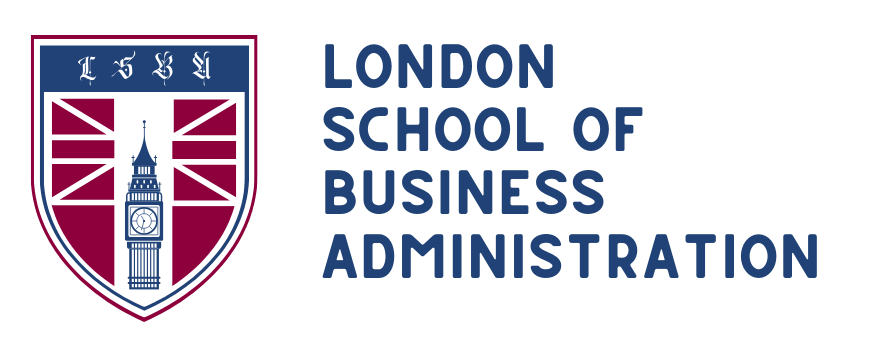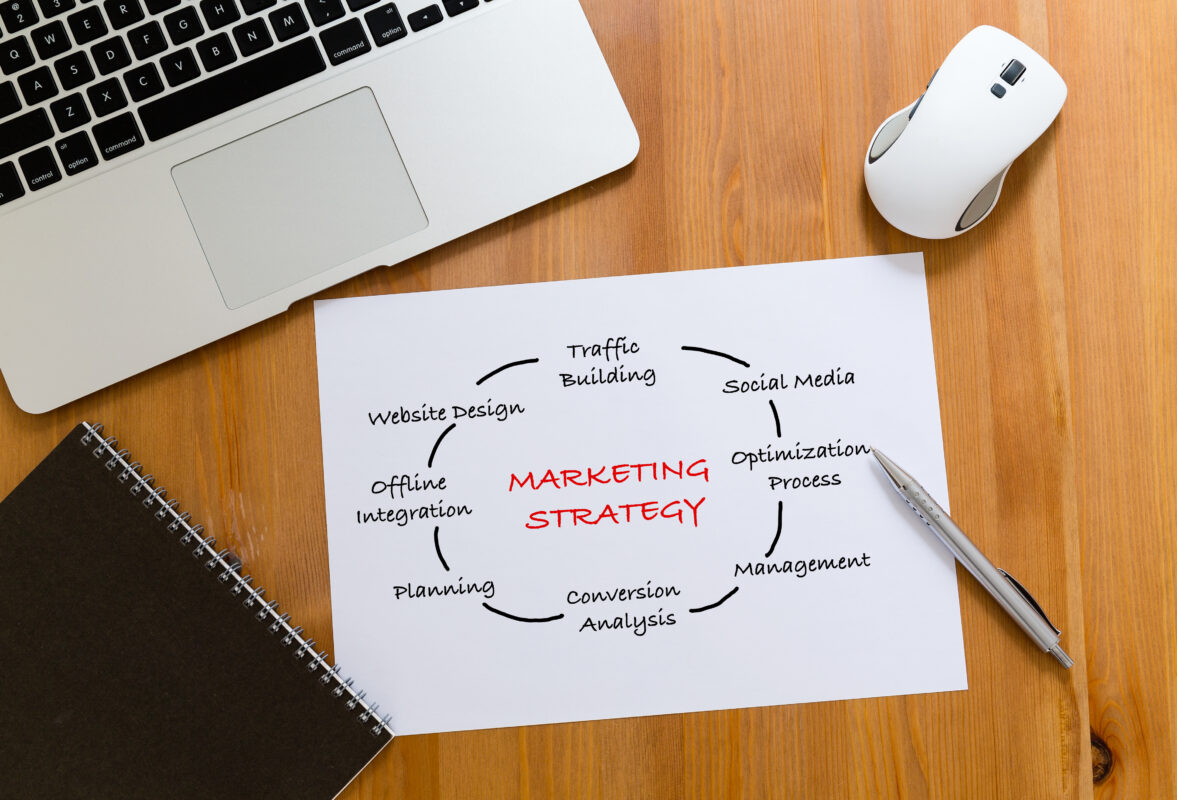Blog
The Role of Digital Marketing in Modern Business Strategy
In today’s hyper-connected world, digital marketing has become a cornerstone of modern business strategy. No longer limited to supporting sales or building brand awareness, it now drives how companies communicate, grow, and compete on a global scale. Whether for start-ups, SMEs, or multinational corporations, digital marketing is essential to reaching customers, shaping brand identity, and achieving long-term success.
This article explores how digital marketing fits into modern business strategy and how the Digital Marketing Programme at the London School of Business Administration equips professionals to turn digital opportunities into measurable growth.
1. Placing Digital Marketing at the Heart of Strategy
Modern consumers live online. They search for products, read reviews, interact on social media, and expect seamless digital experiences. As a result, digital marketing is no longer an optional add-on—it is a strategic priority.
Integrating digital marketing into the overall business plan allows companies to:
- Align marketing campaigns with organisational goals
- Coordinate online and offline channels for consistent brand messaging
- Use data-driven insights to guide decisions at every level
By embedding digital marketing into corporate strategy, businesses can move from reactive advertising to proactive, long-term growth planning.
2. Expanding Global Reach and Market Share
One of digital marketing’s greatest strengths is its ability to reach customers anywhere in the world. Through tools such as search engine optimisation (SEO), pay-per-click (PPC) advertising, and social media campaigns, even small companies can compete globally.
Strategic benefits include:
- Entering new markets without costly physical expansion
- Tailoring campaigns to different languages, cultures, and demographics
- Scaling outreach quickly based on market response
This global reach opens new revenue streams and strengthens competitiveness in an increasingly borderless economy.
3. Enabling Precise Targeting and Personalisation
Traditional marketing often casts a wide net, hoping to reach the right people. Digital marketing, by contrast, enables laser-focused targeting and personalisation.
By analysing consumer data and behaviour, businesses can:
- Segment audiences based on interests, demographics, or purchase history
- Deliver customised content and offers to different customer groups
- Use retargeting to re-engage visitors who showed interest but did not purchase
These techniques increase relevance, improve conversion rates, and build stronger customer relationships.
4. Providing Measurable Results and ROI
Unlike traditional methods, digital marketing offers real-time measurement of performance. Tools such as Google Analytics, social media insights, and marketing dashboards track every click, view, and conversion.
This means leaders can:
- Monitor the success of campaigns against key performance indicators (KPIs)
- Adjust strategies quickly based on what is working
- Calculate exact return on investment (ROI) for each channel
This ability to measure outcomes ensures that every marketing pound is spent effectively and transparently.
5. Supporting Product Development and Innovation
Digital marketing is not just about promotion—it also guides innovation. Customer feedback, online reviews, and behavioural data provide powerful insights into:
- Emerging trends and unmet market needs
- Customer pain points and preferences
- Opportunities for new products, services, or improvements
By integrating these insights into business strategy, companies can design offerings that meet real customer demand and strengthen brand loyalty.
6. Enhancing Customer Engagement and Experience
Modern consumers expect two-way communication and personalised experiences. Digital marketing enables businesses to meet these expectations through:
- Interactive social media engagement
- Targeted email campaigns and automated customer journeys
- High-quality content such as videos, blogs, and live webinars
This continuous dialogue builds trust and emotional connection, resulting in higher retention rates and long-term brand advocates.
7. Driving Cost Efficiency and Agility
Digital marketing provides flexible, cost-effective solutions for businesses of all sizes. Campaigns can be scaled, paused, or adjusted almost instantly, allowing organisations to:
- Respond quickly to market changes or competitor activity
- Test and refine campaigns through A/B testing
- Focus resources on high-performing channels
Compared to traditional advertising, digital marketing offers greater control over budgets and far higher efficiency.
8. Integrating with Broader Business Functions
Modern business strategy demands collaboration between marketing, operations, finance, and customer service. Digital marketing strengthens these connections by:
- Supplying data that informs financial planning and resource allocation
- Supporting sales teams with targeted lead generation
- Enhancing customer support through social listening and online service tools
This cross-functional integration ensures that digital marketing influences and supports every key area of business performance.
Why Choose LSBA’s Digital Marketing Programme
The London School of Business Administration’s Digital Marketing Programme offers a comprehensive, CPD-accredited curriculum designed to help professionals integrate digital marketing into strategic business planning.
Key benefits include:
- Flexible, fully online study, ideal for busy professionals and entrepreneurs
- Real-world case studies and practical exercises, ensuring immediate workplace application
- Lifetime access to course materials and updates, keeping skills relevant as digital trends evolve
Whether you are building your first digital strategy or scaling global operations, LSBA provides the knowledge and tools to lead confidently in the digital age.
Conclusion
Digital marketing is no longer a separate function; it is a central pillar of modern business strategy. By enabling global reach, precise targeting, measurable results, and deeper customer engagement, it drives sustainable growth and competitive advantage.
The Digital Marketing Programme at the London School of Business Administration empowers professionals to harness these capabilities, ensuring that marketing is not just an activity but a strategic engine for long-term business success.


